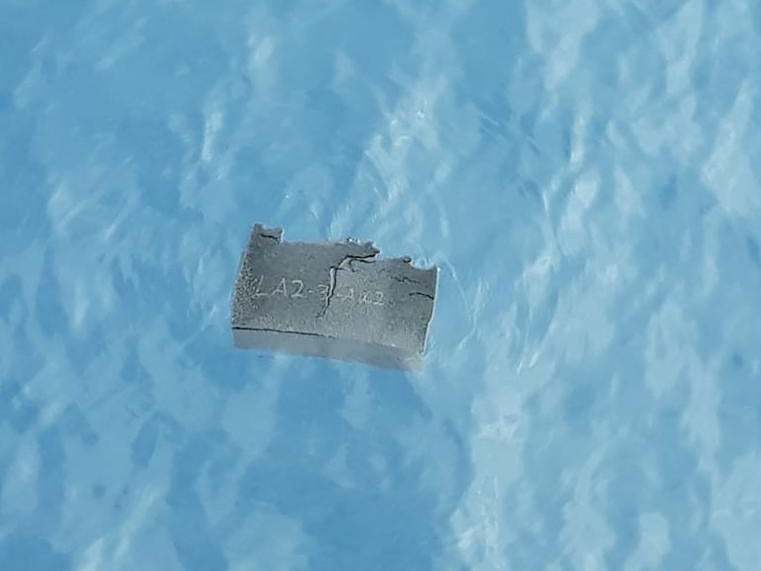‘Human remains’ found by rescue workers after Chilean air force plane goes missing with 38 people on board
Regional governor says relatives of missing passengers have been informed

Your support helps us to tell the story
From reproductive rights to climate change to Big Tech, The Independent is on the ground when the story is developing. Whether it's investigating the financials of Elon Musk's pro-Trump PAC or producing our latest documentary, 'The A Word', which shines a light on the American women fighting for reproductive rights, we know how important it is to parse out the facts from the messaging.
At such a critical moment in US history, we need reporters on the ground. Your donation allows us to keep sending journalists to speak to both sides of the story.
The Independent is trusted by Americans across the entire political spectrum. And unlike many other quality news outlets, we choose not to lock Americans out of our reporting and analysis with paywalls. We believe quality journalism should be available to everyone, paid for by those who can afford it.
Your support makes all the difference.Rescue workers searching for survivors after a Chilean air force plane went missing with 38 people on board have found human remains, a regional governor has said.
José Fernández, the governor of the Magallanes region, said relatives of the missing passengers have been informed but did not give many details about the discovery.
“We received information today from the air force, telling us that they'd found some wreckage from the plane as well as remains of people who were on board,” Mr Fernández said.
“It is a very sad moment.”
Chile’s Air Force announced earlier that debris had been found floating near where the C-130 Hercules cargo plane last made contact before it vanished two days ago.
General Eduardo Mosqueira told reporters that “sponge” material, possibly from the plane’s fuel tank, was found roughly 20 miles from the area.
He added that the debris will be analysed to see if it matches with the missing plane, which was en route to a military base in the Antarctic.
The C-130 Hercules was carrying 17 crew members and 21 passengers, including three civilians, who were travelling to check on a floating fuel supply line and other equipment at the Chilean base.
Officials have said the plane took off in favourable conditions on Monday, although it was flying in an area known for rapidly changing weather conditions.
Both pilots also had extensive experience, the air force said, and the plane was in good condition.
Despite being built in 1978, a well-maintained four-engine C-130 is typically expected to fly for more than 50 years.
No emergency signals were activated on the plane before it lost contact about halfway to the Antarctic base, officials said.
Ed Coleman, a pilot and expert in aeronautical safety, told AP that rapidly changing weather in the Antarctic makes it a challenging place for flying, with smooth sea landing nearly impossible.
He said that air masses converge in the region, driving storms with powerful wind gusts and stirring the sea with swells of six metres or bigger.
"You can have a clear sky one minute, and in a short time later storms can be building up making it a challenge," Mr Coleman said.
Additional reporting by AP
Join our commenting forum
Join thought-provoking conversations, follow other Independent readers and see their replies
Comments